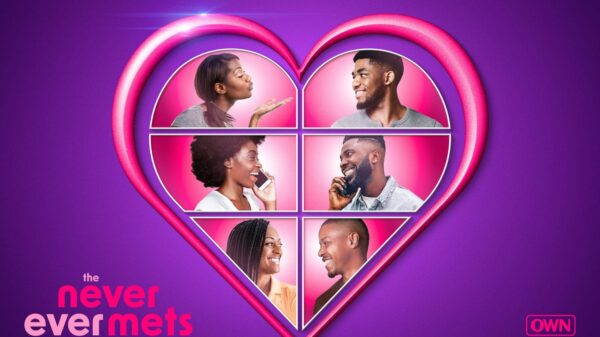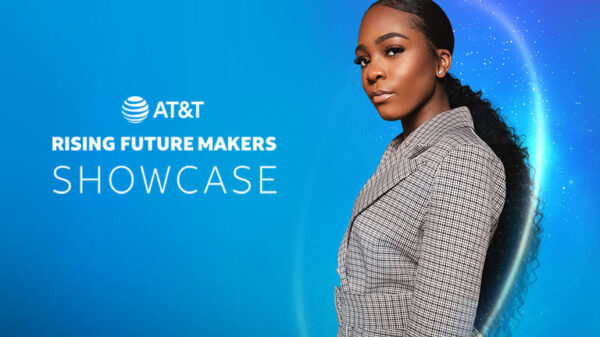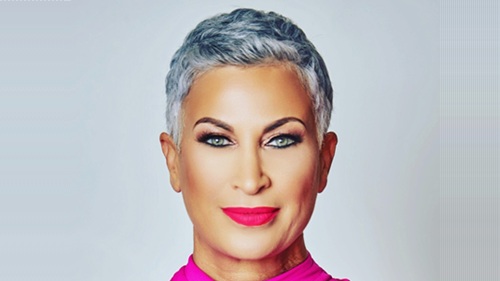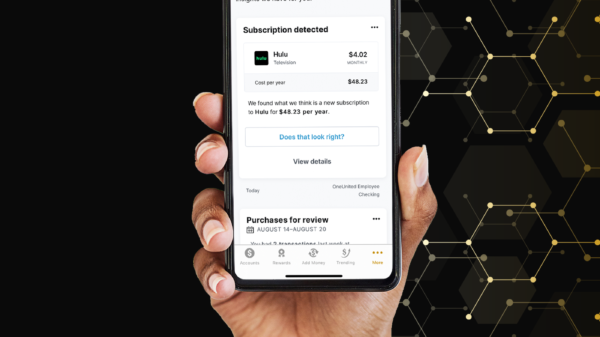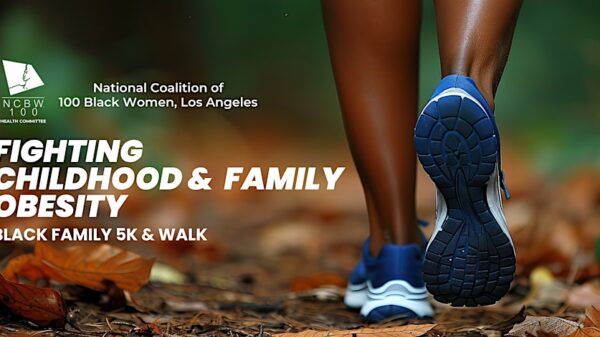The mayor of Compton, California, Aja Brown has told the Los Angeles Times that she is launching a pilot program with a local non-profit that will give 800 residents a “guaranteed income” over the next two years. The residents in a city of roughly 95,000 will receive payments anywhere from $300 to $600. While the frequency will vary, participants will be informed in advance so that they can budget accordingly.
What some people don’t realize is that Universal Basic Income is not a new idea. Some of you may have heard it first from Presidential candidate Andrew Yang and his Freedom Dividend . Writers, politicians, and others—from Thomas Paine to Martin Luther King, Jr., and Richard Nixon—have endorsed the idea of a minimum guaranteed income. In 2018 in his first major speech once he left the White House former President Barack Obama endorsed the idea of providing a universal basic income, as a way to reduce what he called “yawning disparities” in wealth, education and security across different socioeconomic groups.
What Is Universal Basic Income (UBI)?
Universal basic income (UBI) is a government program in which every adult citizen receives a set amount of money on a regular basis. The goals of a basic income system are to alleviate poverty and replace other need-based social programs that potentially require greater bureaucratic involvement.
In its purest form, a basic income is an unconditional, periodic cash payment that the government makes to everyone. It is not based on means testing: A hedge fund manager and a homeless person receive the same amount. It has no strings attached, meaning it carries no requirements to work, attend school, receive vaccines, register for military service, or vote. It is not paid in kind—housing, food—or in vouchers. It is a floor below which no one’s cash income can fall.
So with the idea of Universal Basic Income gaining momentum it may be more than just an idea in the next Presidential cycle.
What do you think?



